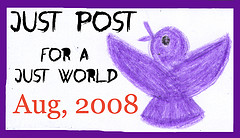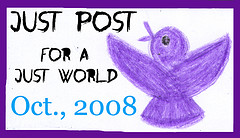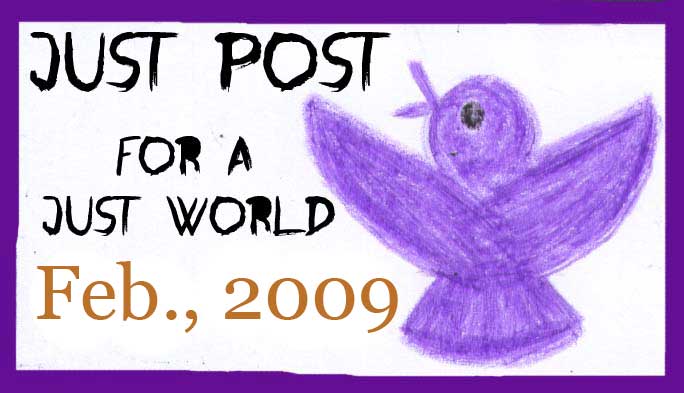“Do something wonderful, people may imitate it.”
– Albert Schweitzer
Thursday was Albert Schweitzer’s birthday and chances are, if you’re under age 40, you have absolutely no idea who I’m talking about.
Not too long ago, Schweitzer was a household name. A globally respected, Nobel-honored physician and humanitarian, Schweitzer was so well-known that even the Jungle Cruise ride in Disney World makes references to him. (The ride schtick, while passing a waterfall: “… and here we see Schweitzer Falls, named for the famous doctor, Dr. Albert Falls…”)
At the dawn of the 20th century, Schweitzer was a musician and a theologian. Through his early professional career, he specialized in Bach and wrote about the nature of Jesus Christ, putting emphasis on non-literal interpretations of the New Testament (controversial of that time). Then, at age 30, much to the disappointment and frustration of his family and friends, he dropped it all to go to medical school. In 1913, armed with medical degree and every penny he had, he and his wife traveled 200 miles (14 days by raft) upstream from the mouth of the Ogooué River into the French colony of West Africa (in what is now Gabon). There, in Lambaréné, a spot where several tributaries combined into the river, Schweitzer built a hospital in a old chicken coop.
The rest of his life involved much of the same. Schweitzer toured Europe playing concerts to raise funds for his hospital and then went back to care for the patients who came to the facility. He continued to write as well, searching for a philosophy that unified all types of people.  Eventually his personal philosophy (which he considered to be his greatest contribution to humanity) hit upon the idea of “Reverence for Life” (“Ehrfurcht vor dem Leben“). (“Ethics is nothing else than reverence for life.”) He felt that modern times, characterized by World Wars and hate and weapons, had lost it’s ethical foundation. And that the universal principle uniting us was that we simply seek to live. Because of this universal experience, Schweitzer argued, our respect for life leads us into service for the lives of those around us. He felt that showing respect for life by serving others to fulfill their own was not only the highest calling for all humanity, but the one true way people could find peace and happiness. (“One thing I know: the only ones among you who will be really happy are those who will have sought and found how to serve.”)
With colleagues Albert Einstein and Bertrand Russel, Schweitzer was a harsh critic of nuclear testing and nuclear weapons. In 1952, he was awarded the Nobel Peace Prize, and the speech he gave at that ceremony, “The Problem of Peace” is still considered one of the greatest speeches ever delivered.
What a shame that Schweitzer’s teachings, philosophies, and examples have fallen into pages of history.
The man wasn’t perfect. And he continually argued that he wasn’t anything special or unique (“a man doesn’t have to be an angel to be a saint”)… just someone who decided to do something and did it. It’s an example from which I personally draw a lot of inspiration. (“Example is not the main thing in influencing others. It is the only thing.”) And one that I think could do much of the same for others.
“You don’t live in a world all alone. Your brothers are here, too.”
—-
The hospital built in 1956 in Deschampelles, Haiti, and named after Albert Schweitzer is the one I mentioned in the previous post. This weekend, it became more clear that this facility appears, in fact, to be the closest facility to Port-au-Prince with surgical capabilities. You can keep track of how they are handling the deluge of patients at the HAS blog. The website is equipped to accept donations.















De | 19-Jan-10 at 9:11 am | Permalink
As we say in our house, “Amen, Brother!”
kitty | 20-Jan-10 at 2:14 am | Permalink
How do I nominate this for a “Just Post”?
The January Just Posts « collecting tokens | 11-Feb-10 at 3:14 pm | Permalink
[…] Holly of Cold Spaghetti with A Forgotten Hero for Modern Times […]